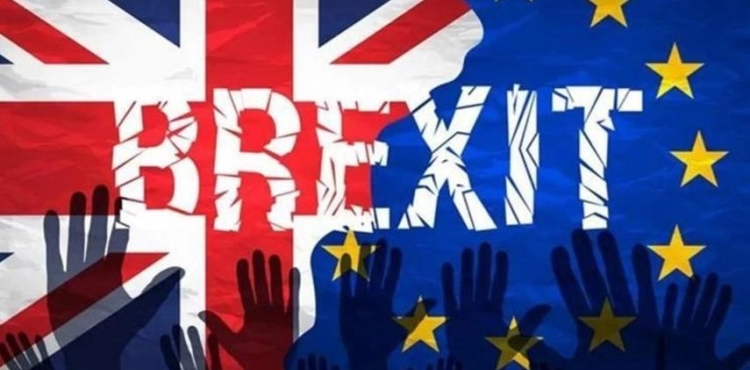Brussels and London have urged the other side to seek a "compromise" on the eve of Monday´s Brexit negotiations, and the British government has signaled it may soften its stance on controversial points in the prime minister´s plan. Boris Johnson.
The Johnson project, which was presented Wednesday, aims to end the Irish border dilemma while avoiding the return of monitoring after the Brexit between the EU member Ireland and the British Northern Ireland province, which will leave the EU like the rest of the UK.
But the Europeans have received this project with caution, saying it contains "problematic" points and should be reviewed. Johnson said he cut his part of the road.
In a letter published by the pro-Brexit Sunday Express and Sun on Sunday, Johnson said he had made "concessions" and called on the European Union to do the same.
"I tell my European friends to seize the opportunity offered by my new proposals. Join us at the negotiating table in a spirit of compromise and cooperation, and let Brexit work for both sides," he wrote.
For its part, Brussels threw the ball to London and invited them to make new proposals.
EU chief negotiator Michel Barnier told Le Monde newspaper that an agreement was "very difficult" but remained "possible."
He stressed that if the British government "does not come up with new proposals on two problems we have been told, I don´t see how we can make progress."
The problems are the return of customs control between the Republic of Ireland and the Northern Ireland province, and the right to vote that London wishes to give to the Northern Ireland Parliament.
"We can look at this and discuss it," British minister-designate Brexit Steve Barclay appeared open Sunday to a compromise on the Northern Ireland parliament´s approval.
The second problem raised by the Europeans about the complexity of the British proposals to avoid the return of a solid border between the two parts of Ireland, said the minister "of course we can get into the details of operational operation," but called on the European Union to show "flexibility" and the spirit of "creativity."
Latvian Prime Minister Chrisannis Karens told the BBC on Sunday that the conclusion of the Brexit agreement "depends entirely on Mr. Johnson´s wish, because on the European side we are always open."
Twenty-five days before the scheduled Brexit, Johnson reiterated that there would be no "new postponement" for Brexit, which has already been postponed twice.
But a law passed after parliament´s approval forced Johnson to postpone Brexit if there was no agreement at the EU summit on October 17-18 to avoid a "no deal" whose economic and social consequences were catastrophic.
But Johnson, who is determined to get the kingdom out of the union "at all costs," could ignore the law and stick to his position, putting Queen Elizabeth in the challenge of his dismissal, the Sunday Times quoted government sources as saying.
The other card he could play is a veto from an EU member state on Brexit´s delay. The postponement needs unanimity of members and one objection is sufficient to prevent the postponement.
The Telegraph newspaper on Saturday suggested the veto might come from Hungary and its Prime Minister Viktor Orban.
"So far there is no request for a delay, so there is no room for speculation," a Hungarian foreign ministry source said.
The Sunday Telegraph, citing British government sources, said that if Johnson was forced to postpone Brexit, he would be tough on Brussels by "sabotaging" EU projects, for example by vetoing the EU budget.
Pending negotiations Monday, Johnson is in contact with European leaders.
One of the people contacted by the Finnish prime minister, whose country holds the rotating EU presidency, said he had told Johnson that "it is important to reach a solution within a week."












